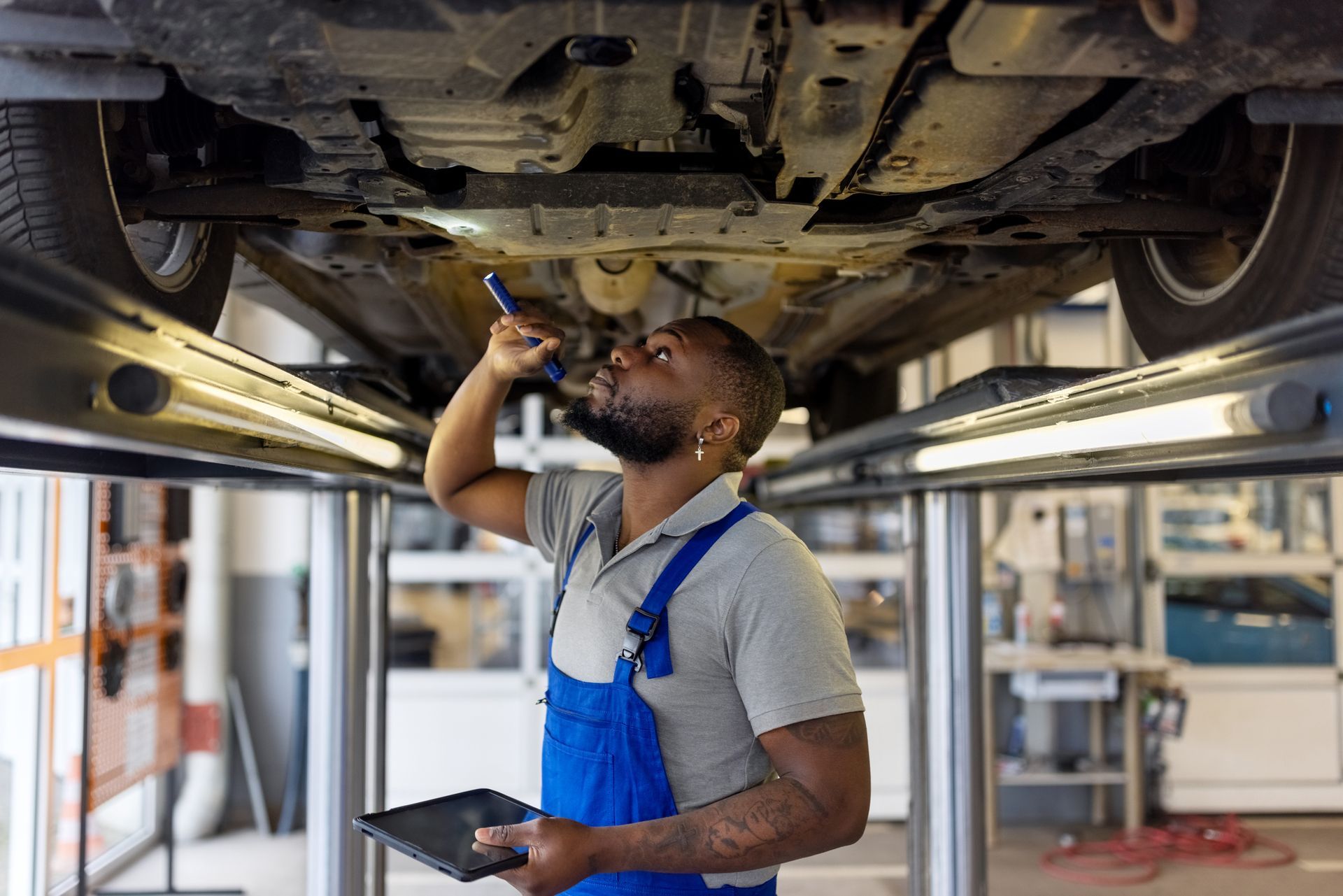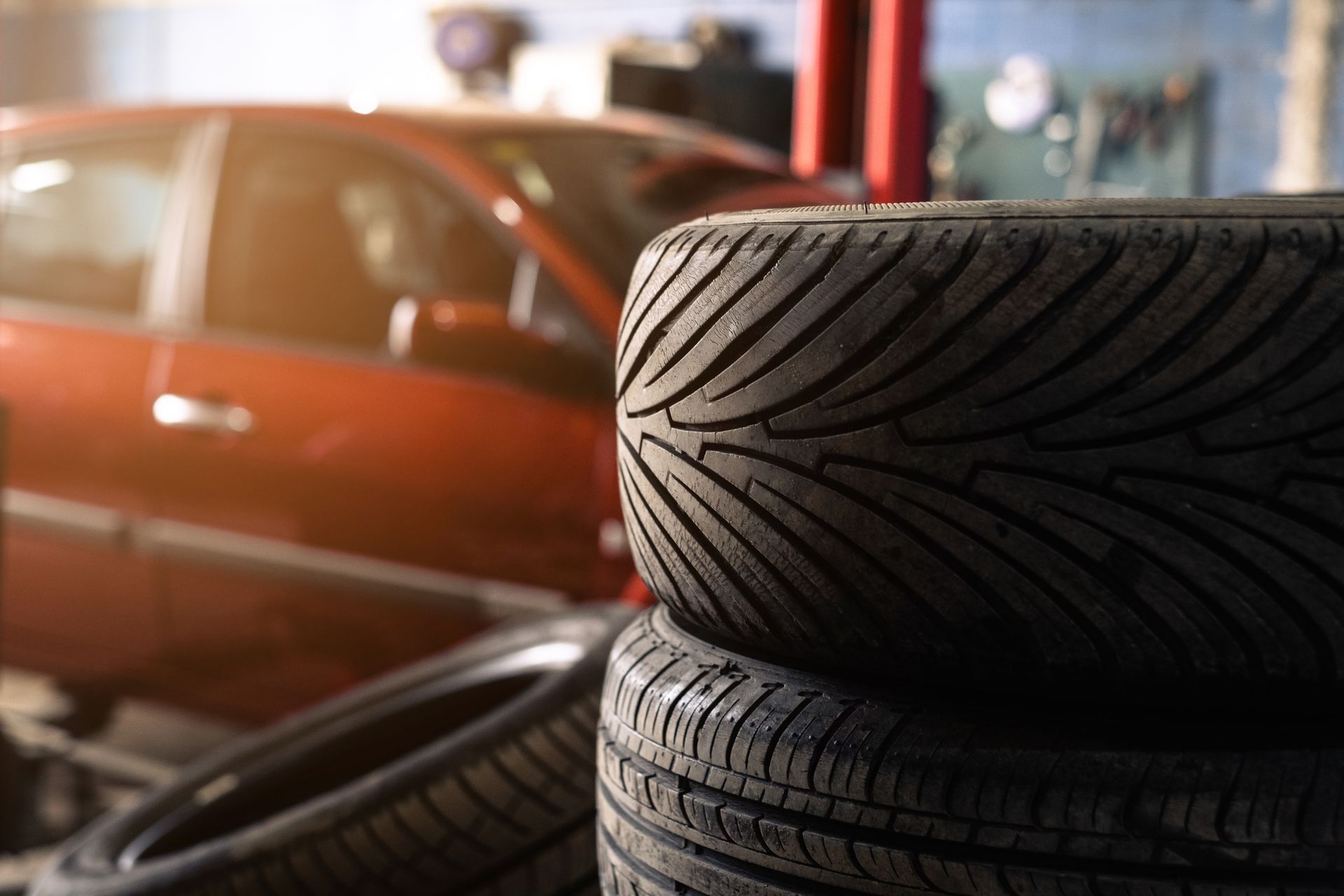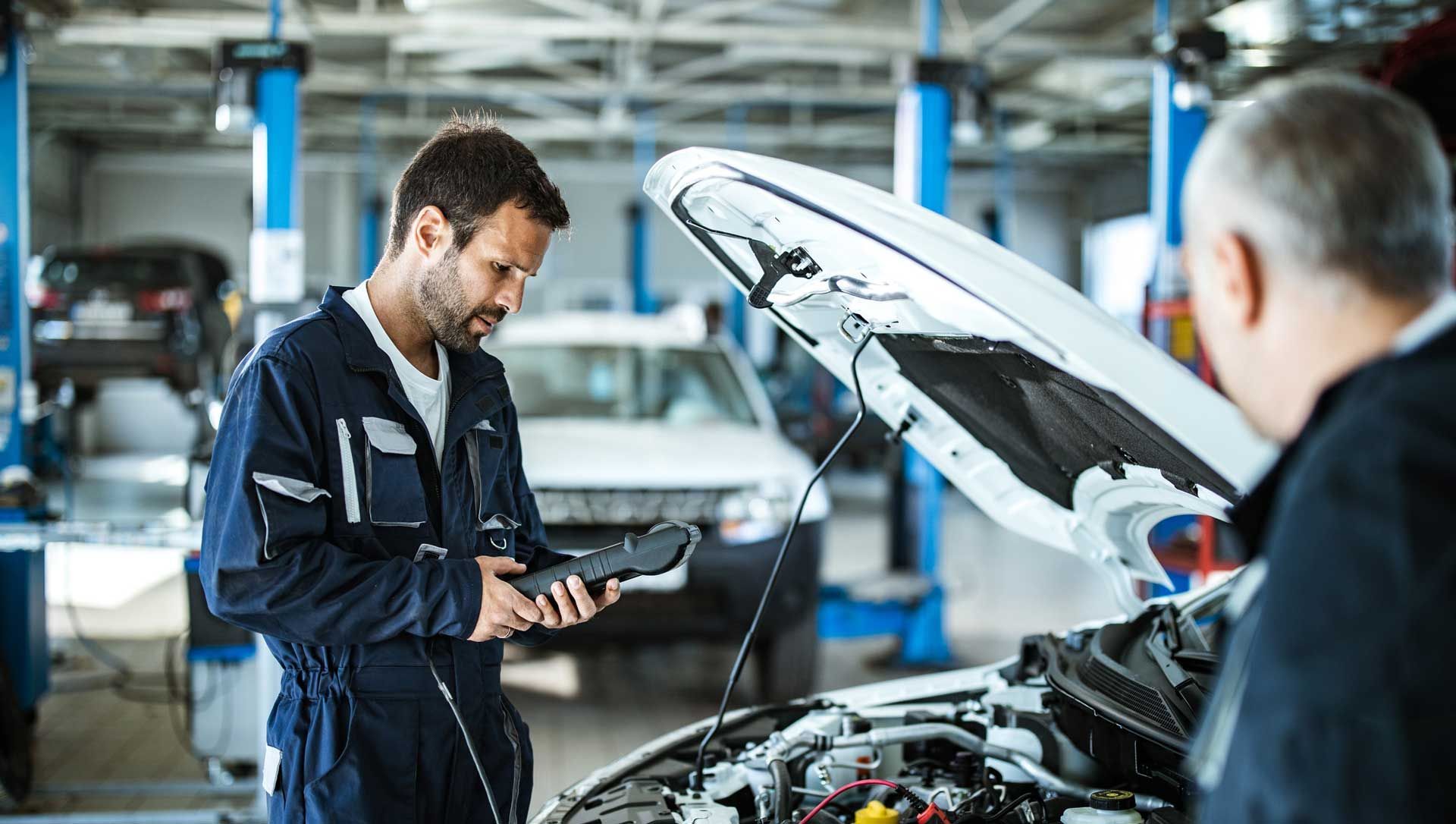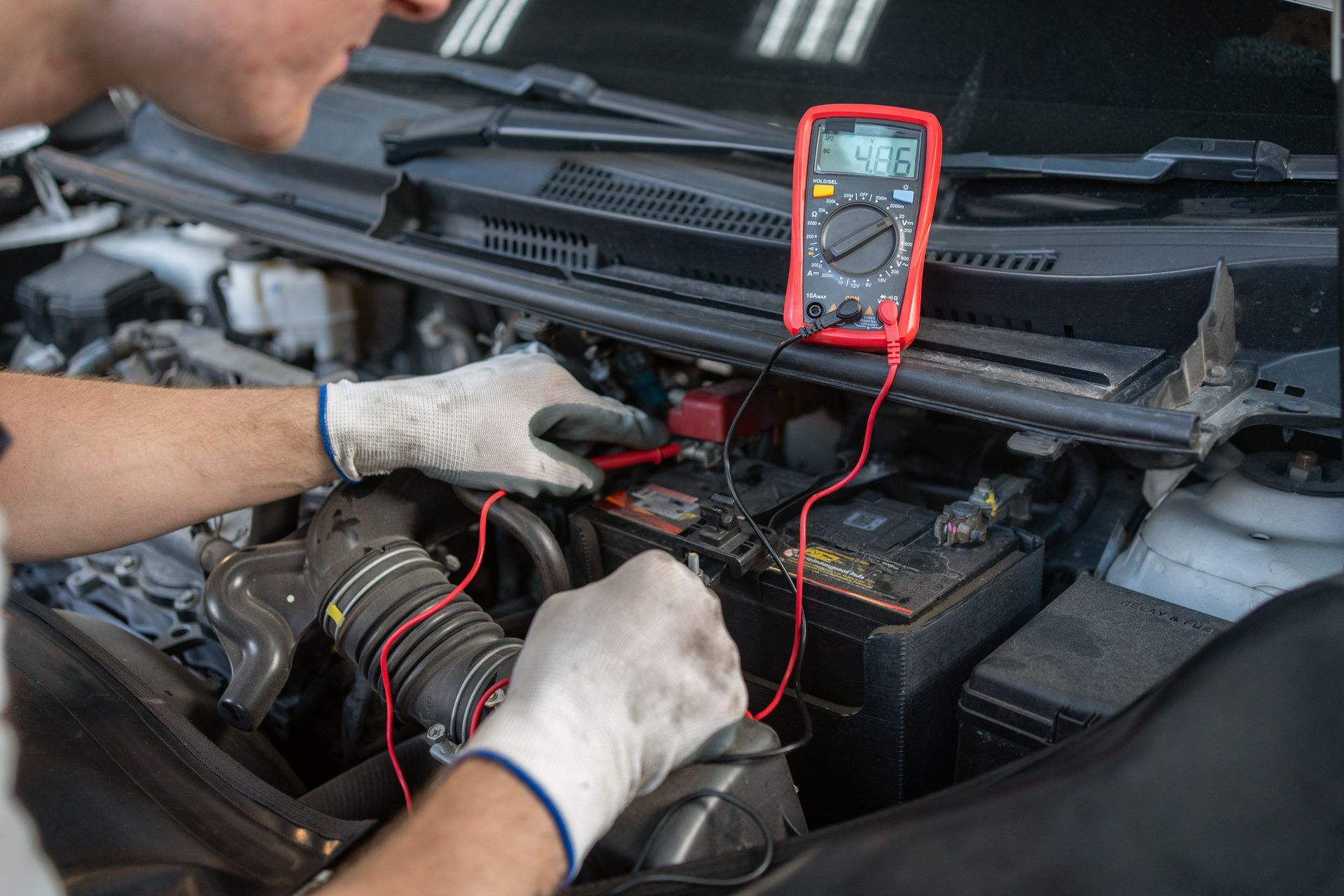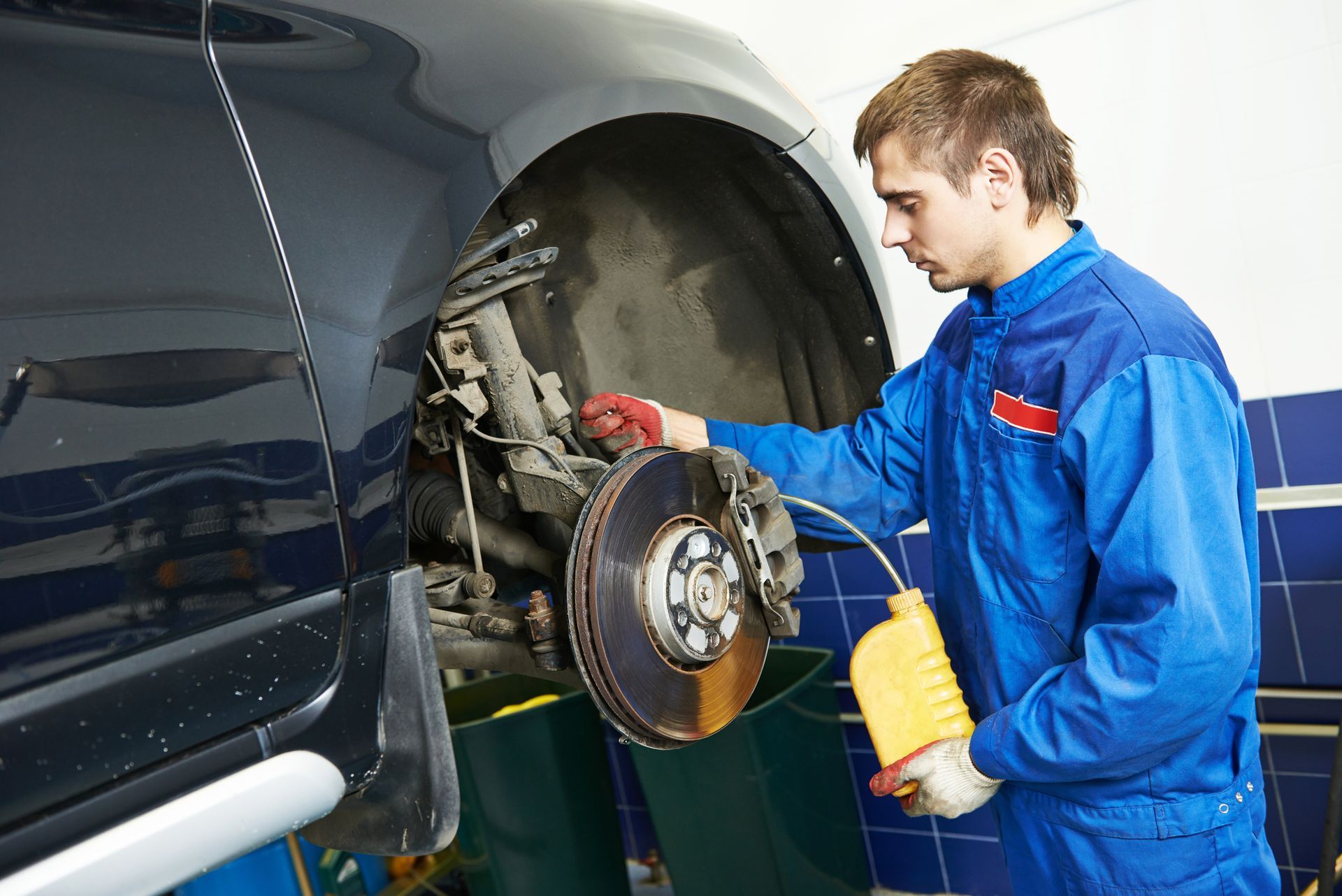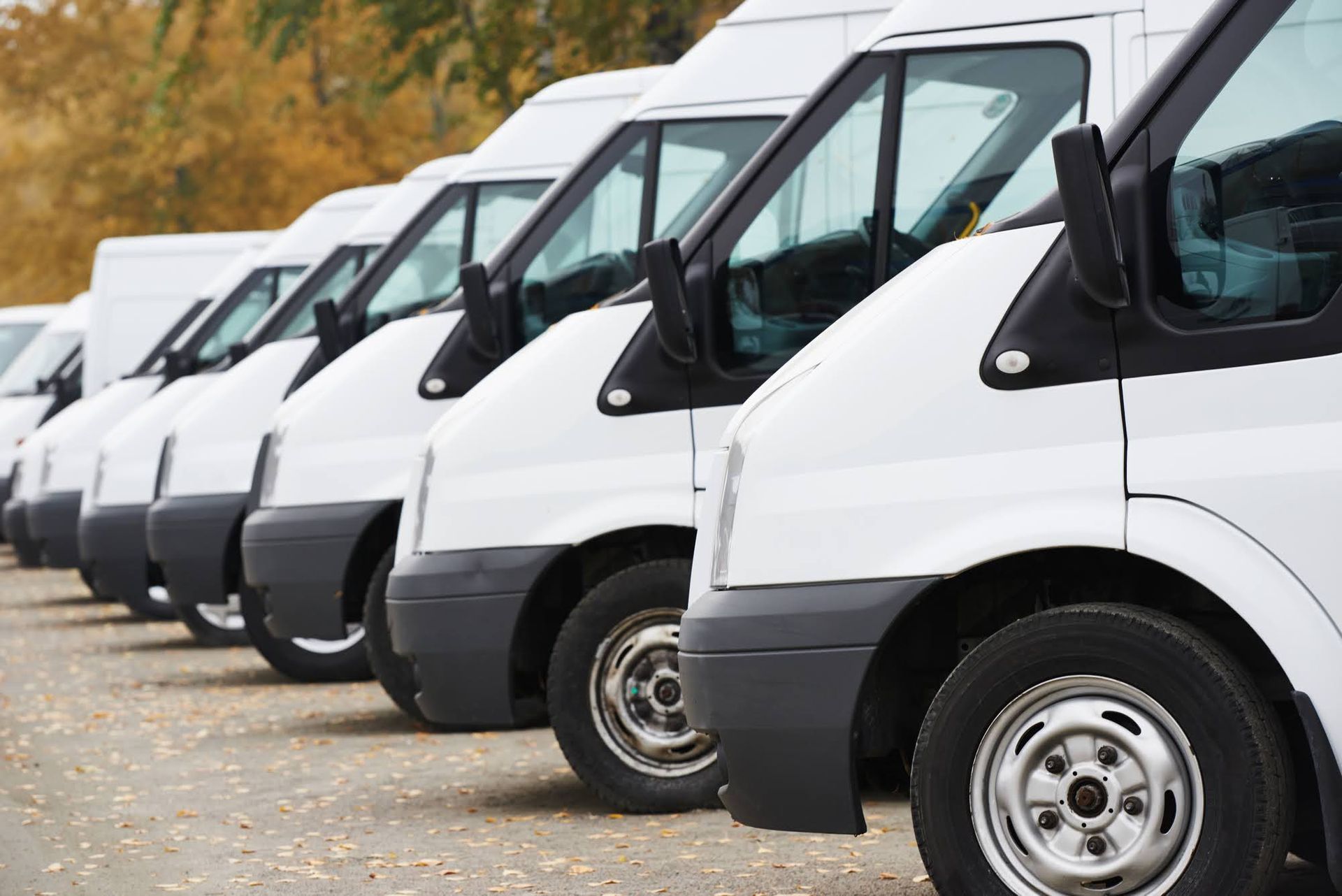RV Electrical Issues That Require An Auto Repair Service
Owning an RV provides the freedom to explore the open road and enjoy nature's beauty from the comfort of a mobile home. However, like any complex machine, RVs come with their own set of maintenance challenges, particularly when it comes to electrical systems. Understanding and recognizing the common electrical issues that may arise can help you know when it's time to call in a professional auto repair service. Read on to learn more.
Battery Problems
Battery issues are one of the most common electrical problems faced by RV owners. An RV typically has two types of batteries: the chassis battery, used to start the engine, and the house battery, which powers the living quarters. Over time, batteries can lose capacity, fail to hold a charge, or suffer from corrosion on the terminals. If you're experiencing weak or dead batteries, it's crucial to consult an auto repair service to assess and replace them if necessary, ensuring your RV can start reliably and power your amenities.
Faulty Wiring
Faulty wiring can lead to a host of problems, from dimming lights to complete electrical failures. Wires can become frayed, corroded, or suffer from poor connections, especially in older RV models where the wiring may have degraded over time. In such cases, you might notice flickering lights, inconsistent power supply to your appliances, or even a burning smell, indicating serious electrical issues. These issues often require the expertise of a trained technician to identify and repair, as poking around electrical systems untrained can be hazardous. Without proper knowledge, attempting DIY repairs can lead to electric shocks, short circuits, or even fires, which underscores the importance of professional intervention.
Inverter or Converter Failure
The inverter and converter are essential components in an RV's electrical system. The inverter converts DC power from the batteries into AC power to run household appliances, while the converter does the opposite, converting AC power from shore power or a generator into DC power to charge the batteries. Symptoms of failure include the inability to run AC-powered appliances or charge the batteries effectively. This can result in significant disruptions to daily activities, as essential devices like refrigerators, microwaves, and computers may become inoperable. Furthermore, the inability to charge batteries can lead to a complete power outage, exacerbating the inconvenience. If either of these components fails, it can severely impact your electrical system's functionality.
Short Circuits and Electrical Malfunctions
Short circuits can occur due to damaged wiring, moisture intrusion, or defective components. Damaged wiring might result from wear and tear, rodent activity, or improper installation. Moisture intrusion can stem from leaks, condensation, or high humidity levels. Defective components might include faulty switches, outlets, or appliances. These issues can lead to blown fuses, tripped breakers, or even fires if not addressed promptly. Regular inspections and maintenance are crucial to prevent these hazards and ensure electrical safety in homes and workplaces. Often, these issues present themselves through the sudden loss of power or malfunctioning electrical devices.
Generator Issues
For RVs equipped with generators, these units are vital for providing power when off-grid. However, generators can experience issues such as failure to start, inconsistent power output, or unusual noises during operation. These symptoms usually indicate deeper mechanical or electrical problems that require thorough inspection and repair. For instance, a failure to start might be due to a depleted battery, fuel system issues, or faulty spark plugs. Inconsistent power output could stem from problems with the voltage regulator or worn-out components. Unusual noises might suggest internal damage or loose parts.
Solar Panel System Failures
Many modern RVs come equipped with solar panels. However, solar panel systems can also experience faults, such as reduced efficiency, faulty regulators, or issues with the solar charge controller. Diagnosing solar panel issues often requires specialized equipment and expertise. A professional service can help identify the problem and recommend solutions to keep your solar energy system working efficiently.
Blown Fuses and Tripped Breakers
Blown fuses and tripped circuit breakers are common problems in RVs due to the variety of electrical devices used simultaneously. This issue often arises when high-demand devices like air conditioners, microwaves, and space heaters are run at the same time, overloading the system. If you notice frequent occurrences of this issue, it might indicate an underlying problem with your electrical system that needs professional attention. Ignoring these signs could lead to more severe electrical failures, potential fire hazards, or damage to your devices.
Appliances Not Working
RVs are equipped with a range of electrical appliances, from refrigerators to microwaves, which provide the comforts of home while on the road. When these appliances fail to operate, it can often be due to issues with the RV's electrical system rather than the appliances themselves. Common problems include blown fuses, tripped circuit breakers, or faulty wiring. It's important to regularly maintain and inspect the electrical system to ensure everything functions properly and to avoid any inconvenient disruptions during your travels.
Maintaining the electrical system in your RV is crucial for a safe and enjoyable travel experience. While some minor issues can be resolved with basic troubleshooting, many problems require the expertise of a professional auto repair service. By recognizing these eight common electrical issues, you can better understand when to seek expert assistance, ensuring your RV remains in optimal working condition for all your adventures. If your RV shows signs of trouble, contact our team at Expert Car Care for more information.


